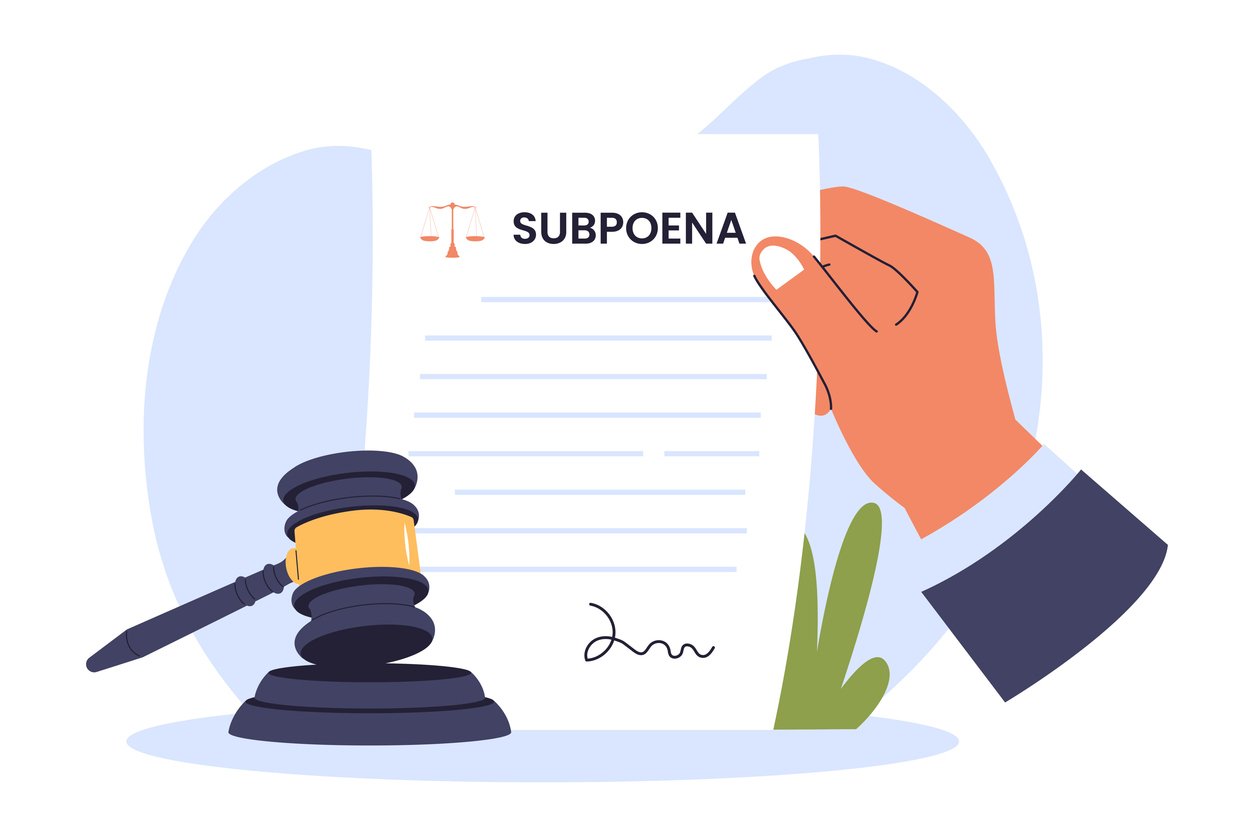 Depositions are a crucial part of the legal process in California, providing both sides of a case the opportunity to gather testimony and evidence before trial. Whether you’re involved in a civil lawsuit, a personal injury case, or a business dispute, understanding how depositions work can make a significant difference in the outcome of your case. In this blog, we’ll explore what depositions are, the rules governing them, and how to prepare if you’re called to give a deposition in California.
Depositions are a crucial part of the legal process in California, providing both sides of a case the opportunity to gather testimony and evidence before trial. Whether you’re involved in a civil lawsuit, a personal injury case, or a business dispute, understanding how depositions work can make a significant difference in the outcome of your case. In this blog, we’ll explore what depositions are, the rules governing them, and how to prepare if you’re called to give a deposition in California.
What Is a Deposition?
A deposition is an out-of-court testimony given under oath during the discovery phase of a legal case. The purpose is to allow both parties to gather information and clarify the facts before going to trial.
How Depositions Are Used in California Courts
In California, depositions can be used to:
• Obtain key information from witnesses.
• Lock in testimony that can be referred to during the trial.
• Assess the strength of a witness’s credibility. Testimonies given in depositions can be recorded, transcribed, and presented during court proceedings if needed.
California Rules for Depositions
Depositions in California are governed by the California Code of Civil Procedure, which outlines how depositions should be conducted.
Who Can Be Deposed?
In most cases, anyone with knowledge relevant to the lawsuit can be deposed, including the parties involved, witnesses, experts, and others with pertinent information.
Time Limits and Length
According to California law, depositions generally cannot exceed seven hours for each witness, although there are some exceptions for more complex cases or expert witnesses.
Legal Requirements for a Deposition
Depositions must be scheduled with advance notice, typically giving the witness and their attorney time to prepare. The notice must specify the time, date, and location of the deposition.
How to Prepare for a Deposition
Being prepared for a deposition is essential, especially when your testimony could impact the outcome of the case.
Work with Your Attorney
It is crucial to review all relevant documents and information with your attorney before the deposition. Your lawyer will help you understand the types of questions you may be asked and how to respond without revealing too much or appearing evasive.
Stay Calm and Focused
During a deposition, it’s important to remain calm and answer questions carefully. Always stick to the facts and avoid speculating on matters you are uncertain about.
What Happens After a Deposition?
After a deposition, the testimony is transcribed and shared with both parties. If any discrepancies or falsehoods are discovered during trial, these transcripts can be used to challenge the witness’s credibility.
Using Deposition Testimony in Court
Depositions can be entered into evidence during trial, particularly if a witness is unavailable or if their in-court testimony contradicts their deposition statements. Your attorney will review the deposition transcript thoroughly to identify any key points to leverage in your favor.
Depositions are a vital part of the legal process in California, providing an opportunity to gather important evidence. If you’ve been called for a deposition, it’s essential to be well-prepared. Contact Law Advocate Group, LLP for expert legal guidance and representation throughout the deposition process to protect your interests and ensure a smooth experience.



